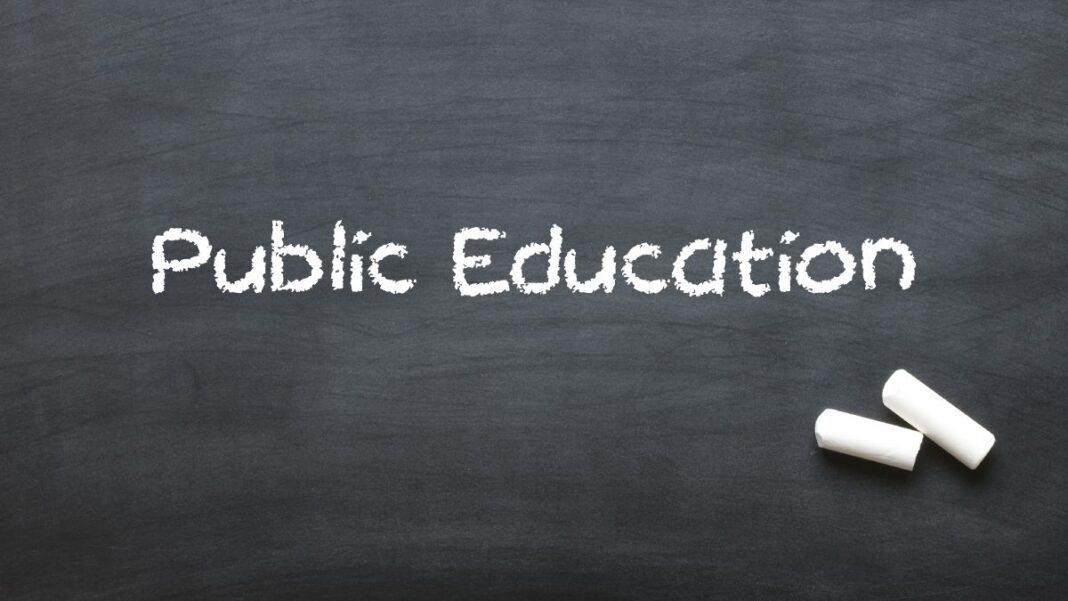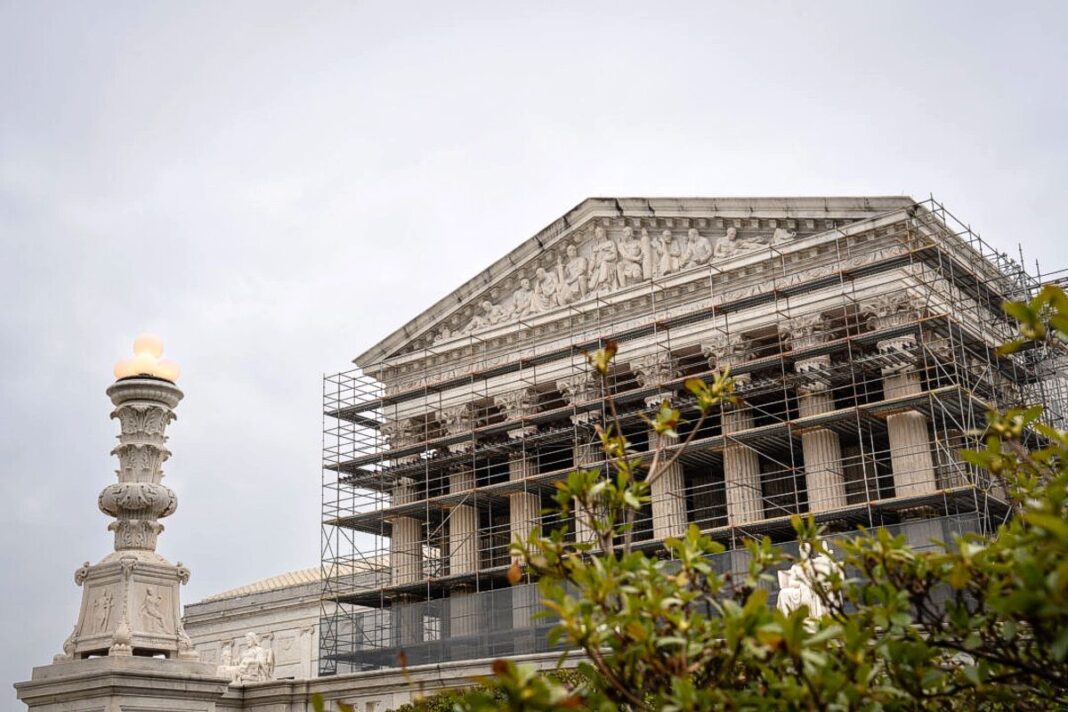The integral core of American public education was envisioned and formulated by three honored Framers of the American republic who were earnestly focused on its development in the wake of a new nation born from revolution. Three genius sages among the fifty-six courageous signers of the Declaration of Independence, Pennsylvania’s Benjamin Franklin, and Virginians Thomas Jefferson and James Madison, were concertedly in agreement regarding public education’s needful establishment in, and control by, the individual States. These versatile men pooled their resources and efforts between 1776 and 1785 to establish in writing a classical format or schema of learning for the youth of the new republic based upon their own diverse educational experiences. As all three of these scholars had themselves learned to read and write well using phonics taught by teachers in the home when they were under ten years of age, Franklin by his father Josiah, Jefferson by tutors at his home on the Virginia Tuckahoe plantation, and Madison at home by his learned and devoted mother.
The public elementary school classrooms of Northern Virginia are the places where motivated children, excited by the sound of the letters of the English alphabet and the words formed by those letters introduced to them by their parents, who read to them in the home, come to further learn reading and writing skills from skilled classroom teachers. Dedicated parents have the opportunity to teach their children the basics of reading using phonics during the years before they enter the first-grade; for it isn’t that difficult to teach reading using phonics if the parents were also taught phonics during their formative years. My mother was taught how to read well using phonics between 1912 and 1920 at home and in a one-room school house in rural Texas, and with only five years of formal public schooling was reading at a college level when she was 20 years old. With that ability to read, she vigilantly taught me, her son, how to read before I was four years old. My home was a center of learning during my formative years.
So, one might say that elementary schooling had its real origin in the familial home instead of the formal school classroom or lecture hall. One might also say that the home was the foundational learning environment with parents as the young students’ first teachers. The systemic consistency of acquiring the basics of learning, those 3Rs, reading, writing and arithmetic, in the home might have brought Jefferson to use the word fun to describe the enjoyment he derived from reading anything in his day that promoted learning. For the person that penned the Declaration of Independence also wrote in a personal letter to a dear personal friend, John Adams, the words, “It is my hope that the children of our generation, and future generations of the republic, will learn to read as I did so long ago so that they might continuously read to learn and acquire knowledge.” Both Jefferson and Madison had books read to them by their caregivers during their first three years of development, and the one book, and frequently the only one, present in most early American homes was the Holy Bible. It was the one that had most impressed the young Jefferson and gave him the image and knowledge of the God of nature that he so vividly invoked in the Declaration of Independence as the source of the sacred rghts given to all human beings. Even though Madison had mastered Homer’s “Iliad” in the Greek, he had recalled fondly in his later years his love of reading the stories of Samson and Delilah, David and Goliath, and Jesus’ crucifixion from what he called the good Book.
Benjamin Franklin was much more practical in his acquisition and use of the skills of reading, writing, and mathematics. Yet, no doubt, Franklin enjoyed throughout his life his investigation of science through learning, but he stated in his writings that, “learning is as much a job as is the shoeing of a horse, or the building of a cabin, and proper payment for a lifetime of learning are rewards from what one continuously learns. Benjamin Franklin is remembered for the expression that he coined, that one learns to read to continually read to learn.








